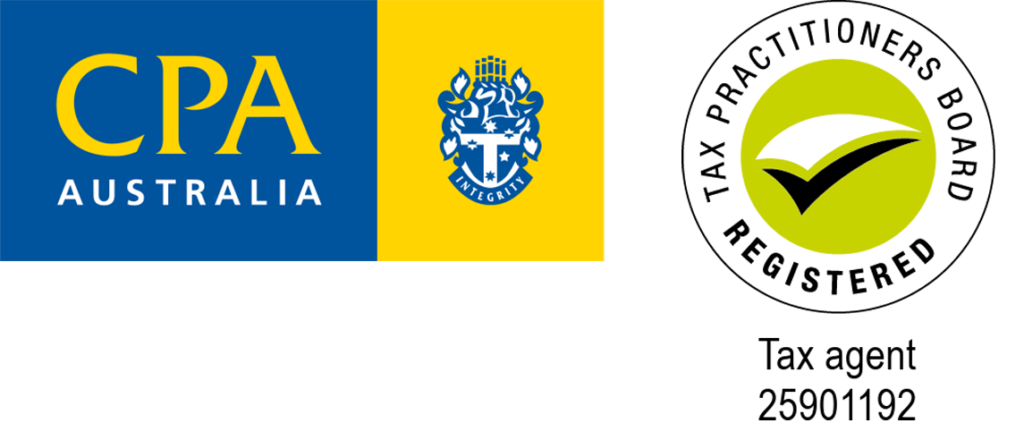28th May, 2021
Year End Tax Planning
We are heading towards the end of another financial year and many clients are asking how they can reduce this year’s tax bill. There are few things you can do:
- Compulsory Superannuation Payments – must be made by 21 June to ensure they are received by the super fund by 30 June and therefore deductible in this financial year.
- Voluntary Superannuation Payments – if you would like to make a personal contribution it must still be made by 21 June to get a tax deduction in this financial year but you must also complete this form and send it to your superannuation fund letting them know that you intend to claim a tax deduction. Remember that the maximum “concessional” contributions that can be made, per person, in a financial year is $25K. For the first time, unused concessional contributions from last year can also be carried forward and be added to this year’s 25K.
- Instant asset write off – the ability for businesses to write off any work related asset in full, regardless of cost, has been extended to 30 June 2022, but if you want the tax deduction this year then have the asset purchased and ready for use by 30 June. Please note that motor vehicles are the exception and can only be immediately expensed up to the current limit of $59,136.
- Prepayments – as a small business you can prepay expenses for up to 12 months in advance and claim them now. Some examples are rent, interest and insurance.
- Deferring income to next year – if you have received income in advance of work being performed in full or in part, the unearned portion of that income can be deferred to next year.
Superannuation Changes to Note
From 1 July 2021 the superannuation guarantee amount which must be paid to employees is increasing from 9.5% to 10%.
If you have employees, in order to prepare for the change, the following action may be required:
- Review employee contracts. The contract should refer to the salary package as either “plus superannuation” or “including superannuation”. In the case of “plus superannuation” the employer is going to be out of pocket for the extra 0.5%. If the salary package is “including superannuation” it’s more likely the employee will receive less money in their hand.
- If the employees will be receiving less money (particularly lower income earners), it should be also checked that this will not be less than either minimum wage, or any relevant industrial award amounts. The increased super amount cannot push them under these minimums.
- You may wish to consider contacting the employees ahead of the first July pay run to let them know, particularly if they will be receiving less money than they are used to receiving.
- If you are using payroll software and have employees on a super inclusive package, the salary amounts will need to be manually adjusted. This needs to be done after the final June payments, but before the first July pay run.
- If you have employees set up in Xero under the “statutory rate” calculation rate, Xero will automatically update the rate. If you have them set up under any other rate, or in any other payroll software, it would be a good idea to check that the rate has been updated when processing the first pay run in July.
The above are general comments only so if you would like to book in for a tax planning discussion before year-end or have any other questions, please don’t hesitate to contact me, or one of our team members



